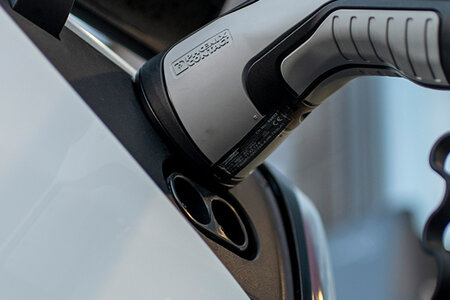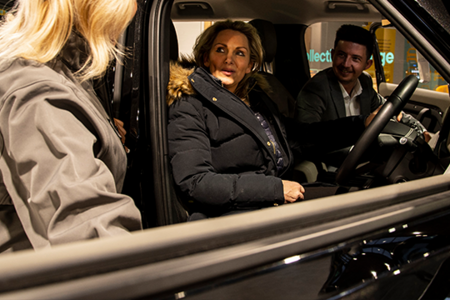Pressure on household budgets is putting the widespread adoption of electric vehicles (EVs) at risk, according to research from Close Brothers Motor Finance. Its latest survey found that more than four-in-ten (41%) people have decided against buying an EV as a direct result of the cost-of-living crisis.
The findings, which follow the government’s decision to end grants for many plug-in vehicles, raise further questions about the prospect of meeting the target to end the sale of new petrol and diesel cars by 2030.
Overall, the research found that more than 84% of people are taking at least one measure related to their car ownership or usage to adjust for inflationary pressures. A fifth (21%) are cutting down on journeys, rising to a third (33%) of people aged 55 and over, highlighting the impact on older motorists.
One-in-ten (11%) people are turning to public transport instead of driving, and 17% are shopping around for cheaper fuel. Respondents also said they were travelling on foot more often and asking their children to walk to school rather than giving them a lift.
As consumers face cost and supply pressures, figures suggest they are increasingly turning to older cars, vans and motorcycles. The Dealer Satisfaction Survey, quarterly industry research carried out by Close Brothers Motor Finance, shows three-quarters of dealer partners put the cost of cars at the top of the list of customer priorities.
Lisa Watson, Director of Sales at Close Brothers Motor Finance, said: “We have seen encouraging progress in recent years in the transition to alternatively fuelled vehicles (AFVs). However, it’s clear from our findings that pressure on household budgets is putting some of that momentum at risk.
“Consumer appetite for electrification is there, but there’s an urgent need to knock down more of the barriers to AFV ownership. We need to step up efforts to build charging points, train more mechanics, and support affordability for a wider range of buyers. The government, with the support of industry, can make it happen.”






